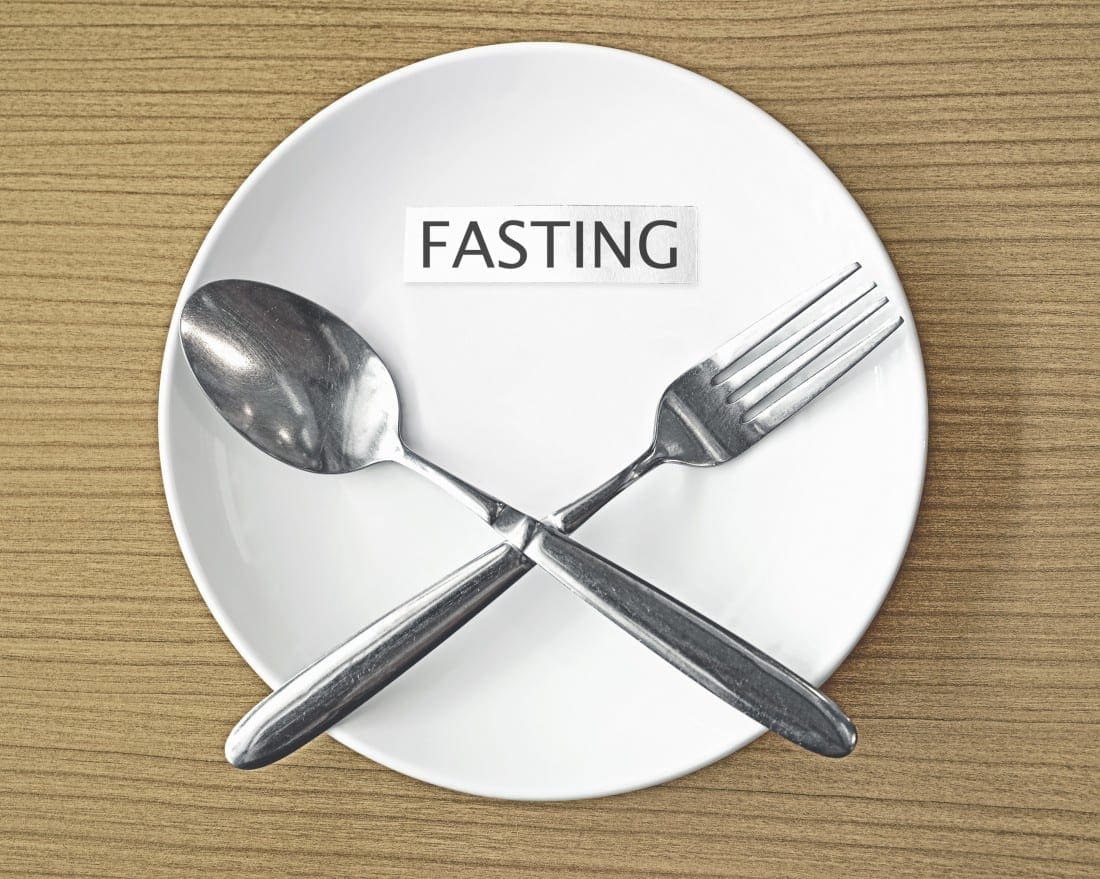Can a 3-Day Fast Reset Your Immune System?

I’ve been hearing new reports lately that sound an awful lot like pseudoscience: that fasting for an extended time, two days or longer, can reset your immune system and provide other health benefits. I first heard about this when a friend and colleague at Stanford University announced he was going on a 3-day fast. To explain, he pointed to a recent study, which I’ve now read.
Diet advice, including fasting-based diets, can be found all over the Internet, and much of it is nonsense, so I was very skeptical about these latest claims.


The research looked at both mice and humans. (It’s far easier to run the experiments in mice, of course, but we can’t always trust that the same effects will occur in humans.) In both species, fasting lowered white blood cell counts, which in turn triggered the immune system to start producing new white blood cells. White blood cells (or lymphocytes) are a key component of your body’s immune system.
Longo’s hypothesis is that fasting (or starvation) forces your body to “recycle a lot of the immune cells that are not needed” which explains the drop in the white blood cell count. Two of the key mechanisms are an enzyme called PKA and a hormone called IGF-1, both of which are reduced by fasting. Once you start eating again, your stem cells kick back into high gear to replenish the cells that were recycled.
A key finding in this research is that you have to fast for several days to get any benefit: basically, you have to fully deplete your energy reserves (in the form of glycogen), and it takes your body at least 24 hours, and probably 48 hours or more, to do this. This is much harder than a 1-day fast, which many people do routinely.
On the other hand, Valter Longo has compared the effects of periodic fasting to long-term caloric restriction, which has been shown to prolong lifespan in mouse and other animals. In a separate review article, Longo wrote:
Fasting has the potential to delay aging and help prevent and treat diseases while minimizing the side effects caused by chronic dietary interventions.
Caloric restriction is extremely difficult to achieve for humans: you have to nearly starve yourself for years. Compared to this, an occasional 3-day fast should be a snap.
Caveats: fasting can be harmful, especially for people who have other health problems. If you’re seriously thinking of trying this, you should consult your doctor first. We might eventually learn that the benefits of fasting are outweighed by other problems. Fasting for more than two days isn’t easy, either: you’re going to get really hungry.
Does a 3-day fast truly reset your immune system? Well, maybe not a total reset, but at least a mild refresh. The science suggests that, if you can do it, a prolonged fast for 2-3 days or longer may induce your body to clean out some old immune cells and switch on production of new ones. Stay tuned.



